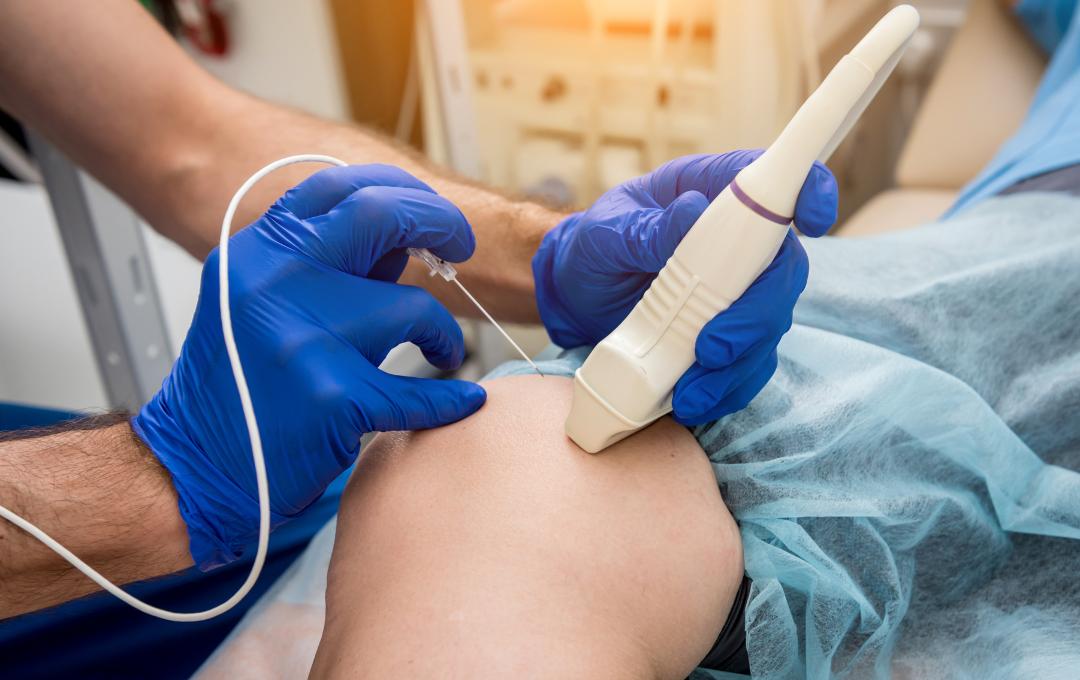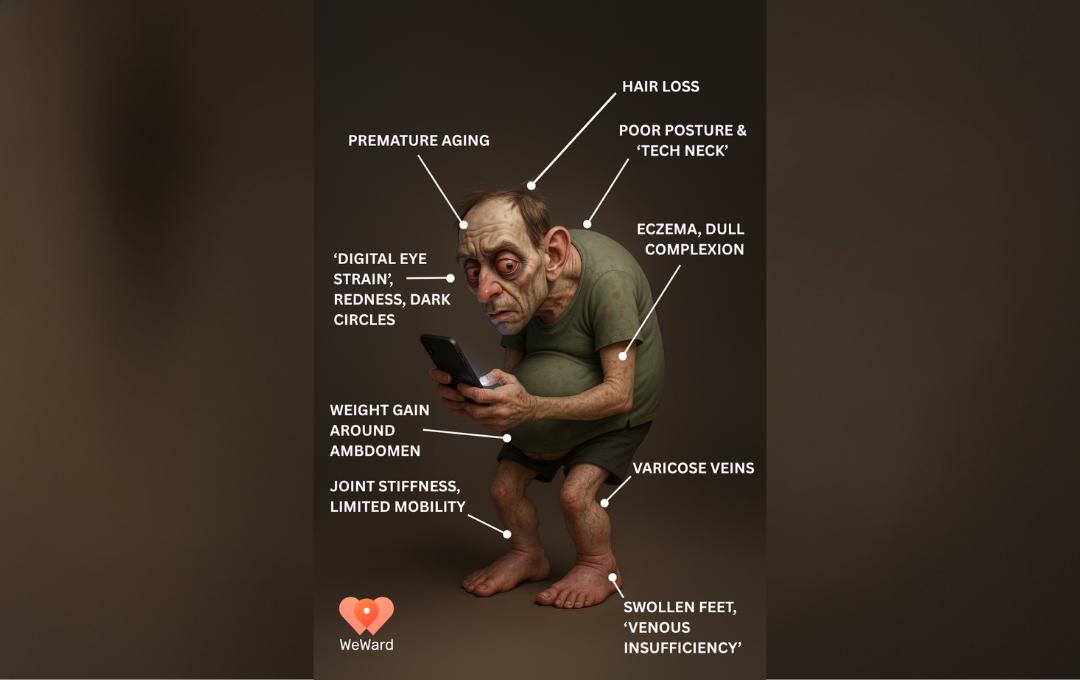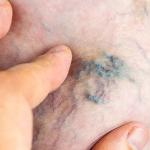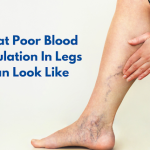
As technology further integrates into our lives, many of us spend long hours sitting—often without realizing it. As a result, up to 31% of adults over 18 fail to get enough physical activity, according to the World Health Organization.
This inactivity can take a toll on health, contributing to premature aging and more serious conditions like heart disease and varicose veins. To illustrate these effects, WeWard created an AI model of how people will look after 25 more years of a sedentary lifestyle.
Meet Sam, the so-called “sofa goblin” who has spent decades scrolling through social media, ordering take-out, and streaming. Despite his cartoonish looks, the consequences of his lifestyle are very real.
Let’s see how prolonged inactivity impacts your veins—and what you can do to counter it.
Vein Disease: A Result of a Prolonged Sitting
Long hours of sitting in one position made it difficult for Sam’s blood to effectively flow back to his heart. Over time, the buildup of blood in his legs caused them to swell and his veins to bulge underneath his skin.
Leg swelling and visible veins are notable signs of vein disease, in which excess pressure damages the veins. Being sedentary is a known risk factor, but the likelihood further increases with age, extra weight, family health history, smoking, diabetes, or pregnancy.
Other symptoms of vein disease include:
- Leg pain that eases with walking
- Fatigue or heaviness in the legs
- Aching, burning, or itching sensations
- Dry, discolored skin
- Slow- or non-healing leg sores
If untreated, vein disease can increase the risk of a blood clot known as deep vein thrombosis (DVT). This can lead to more pain and swelling in the affected leg. If the blood clot breaks off and travels to the lungs, it can increase the risk of developing a blood clot, known as pulmonary embolism.
Ways to Combat Too Much Sitting
Sam doesn’t have to become a self-fulfilling prophecy. There are steps you can take now that will help you prevent long-term health issues. This includes getting up periodically to stretch and move around, which will activate the muscles that help keep blood flowing. Low-impact exercises, such as walking or cycling, can also aid in optimizing blood flow.
While movement is the best defense against developing vein disease, it will not fix faulty valves that are already damaged. Medical treatment is necessary to address this. If you think you have symptoms of vein disease, take this vein health assessment to see if you need to see a specialist.
5 Questions to Evaluate Vein Health

Treatments for Vein Disease
When vein disease symptoms persist, it’s important to seek help from someone who specializes in vein health. Physicians at USA Vein Clinics—many of whom board-certified—are experienced in treating vein disease through minimally invasive procedures.
These treatments improve blood flow by sealing damaged veins shut, allowing blood to reroute through healthier veins. They are done in an office-based setting, removing the need for hospitalization, general anesthesia, or downtime. Patients can go home the same day as their treatment and notice the results as early as a few days.
Treatments offered at USA Vein Clinics include:
- Endovenous Laser Vein Treatment (EVLT) — uses laser energy to close off the vein
- ClariVein® — delivers medication inside the vein using a rotating wire
- Varithena® Vein Treatment — injects a medical foam to collapse the vein
- VenaSeal™ — seals the vein shut with a medical adhesive
- Ultrasound-guided Sclerotherapy — injects a medical solution into the vein using advanced medical imaging
- Visual Sclerotherapy — injects a medical solution to treat visible spider veins
- Radiofrequency Ablation (RFA) — uses heat from radio waves to treat the vein
Why Choose USA Vein Clinics
USA Vein Clinics also uses an evidence-based approach, ensuring each patient receives a tailored treatment plan. These minimally invasive procedures carry fewer risks and side effects compared to more invasive, surgical methods.
USA Vein Clinics’ network of over 168 clinics have received national recognition by the Intersocietal Accreditation Commission for Vascular Testing (IAC). This certification ensures patients receive safe, high-quality care for their condition.
Appointments can be easily scheduled online or by calling 888.768.3467 to speak with a Care Team member.







